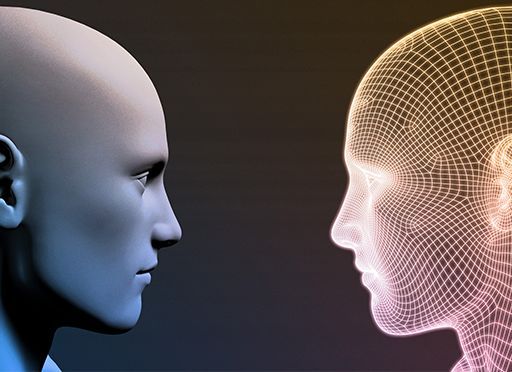
In: Society, Artificial Intelligence
AI and Ethics
Technological advancements pose new and unprecedented ethical questions that humanity will have to deal with. The world will surely not become a better place if our conscious or unconscious biases make their way into algorithms. AI should be fair. In the end, it comes down to this: Do we want to model the world as it is, or as it should be?
Related Channels
Summaries
There Are No Facts
Attentive Algorithms, Extractive Data Practices, and the Quantification of Everyday Life
MIT Press, 2022
Manage AI Bias Instead of Trying to Eliminate It
To remediate the bias built into AI data, companies can take a three-step approach.
MIT Sloan Management Review, 2023
A Skeptical Take on the AI Revolution
The AI expert Gary Marcus asks: What if ChatGPT isn’t as intelligent as it seems?
The New York Times, 2023
What ChatGPT Reveals About the Urgent Need for Responsible AI
As Generative AI democratizes adoption, new challenges loom for organizations.
Boston Consulting Group, 2023
A.I. Is Mastering Language. Should We Trust What It Says?
OpenAI’s GPT-3 and other neural nets can now write original prose with mind-boggling fluency – a development that could have profound implications for the future.
New York Times Magazine, 2022
Cloud Ethics
Algorithms and the Attributes of Ourselves and Others
Duke University School of Law, 2020






















